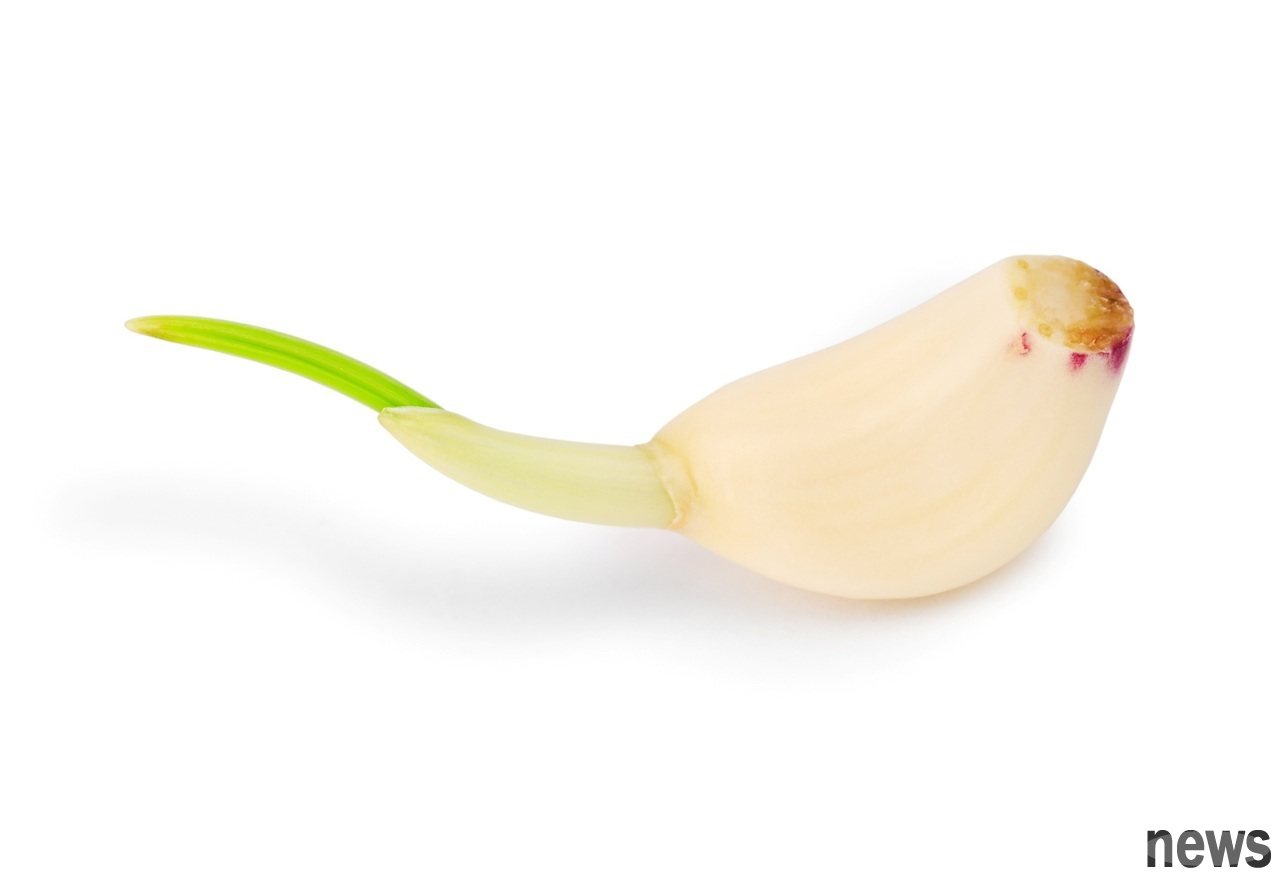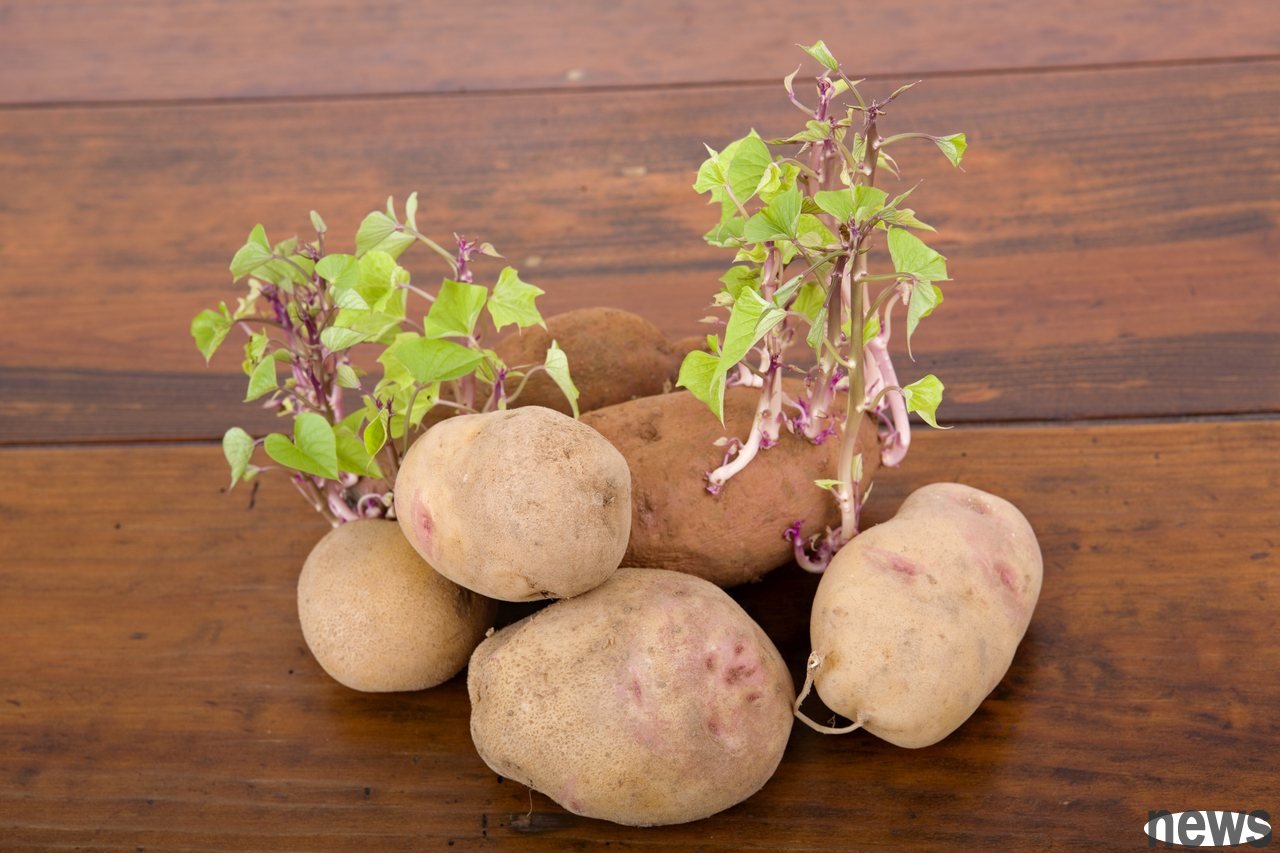Not all sprouted ingredients need to be thrown away! For example, sprouted garlic and peanuts can still be eaten, but sprouted potatoes will produce the toxin solanine, which may cause poisoning if eaten. Which sprouted ingredients can be eaten and...

Not all sprouted ingredients need to be thrown away! For example, sprouted garlic and peanuts can still be eaten, but sprouted potatoes will produce the toxin solanine, which may cause poisoning if eaten. Which sprouted ingredients can be eaten and which ones should be thrown away? Listen to the expert analysis.
Can sprouted potatoes be eaten? Can you eat sprouted garlic?We often dig out some ingredients that have been stored for a long time in the fruit and vegetable box in the refrigerator, such as rotten water spinach, a sprouted potato&...etc. Of course, if leafy vegetables are rotten, they should be thrown away directly; and those who usually cook should know that if potatoes sprout, they cannot be eaten, but garlic can still be eaten if they sprout. So, can sweet potatoes still be eaten if they sprout?
Would it be too wasteful to throw away all those ingredients that are only sprouted but not rotten? Which ones can be eaten after sprouting, and which ones should never be eaten? What will happen if you accidentally eat it?
The Agri-Food and Food Administration pointed out that the nutritional value of most "roots" will gradually decrease after germination, and the taste will also deteriorate and become perishable. Some may also produce toxins, so special attention should be paid before eating.
Can be eaten but the nutrition and taste are reduced:Onions, ginger, garlic, onions, sweet potatoes, taro, carrots, brown rice, beans
Nutritionist Liu Yili mentioned in the book "Winning Strategy for National Nutrition" that eating sprouted garlic will cause hair loss. The taste of sprouted garlic is different from that of garlic that has not sprouted. Sprouted garlic tastes less spicy. Not being too spicy means that its nutrients have been lost. The spicy ingredient in it is called "sulfide". The more sulfide, the spicier it will taste.
Pay attention to eating: peanutsPeanuts can be eaten when they sprout, but if you find that the shell or seeds are moldy or produce a smell of oil consumption, you should avoid eating them.
Huang Shumin, a nutritionist at Nantou Hospital, once pointed out in an interview that there is no safety problem in peanut sprouts. In fact, peanut sprouts have antioxidant, anti-inflammatory and other functions, and their nutritional value is even higher. However, if peanuts are not fresh or have moldy conditions due to improper storage, they are likely to be infected with aflatoxin. Eating them may cause liver poisoning, so it is best not to eat them.

Potato sprouts will produce solanine. Even if the sprouted parts are cooked or dug out, the toxicity cannot be completely eliminated and the whole potato should be discarded. {twenty three} {twenty four}
Check the refrigerator regularly and discard expired and spoiled ingredients.Although roots and tubers can be stored longer than leafy vegetables, even for roots and tubers, the freshness period should be known. It’s not just these vegetables. You should check the refrigerator and storage cabinets regularly. It is safest to keep them ventilated and dry. Check the ingredients frequently and throw them away if they are expired or spoiled. Don’t harm your health just to save food.